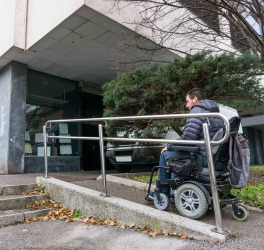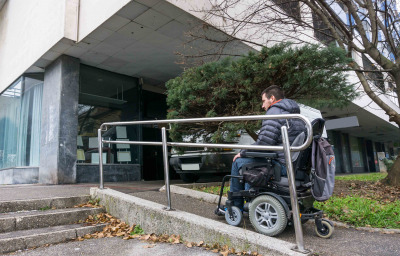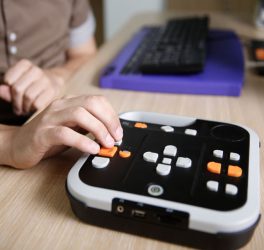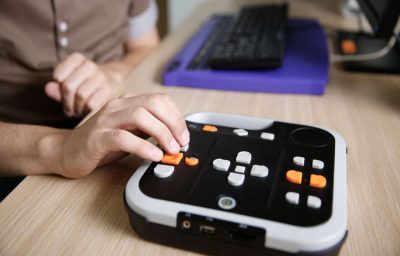
Thousands of police detentions and voluntary interviews of vulnerable people may have been carried out without an ‘appropriate adult’ (AA) present, a report has found.
There to Help 3 was co-authored Dr Roxanna Dehaghani of Cardiff University and Chris Bath, chief executive of the National Appropriate Adult Network (NAAN).
The Police and Criminal Evidence Act 1984 (PACE) Codes of Practice states that vulnerable people, including those who have a mental illness, learning disability, brain injury or autism spectrum condition should have an appropriate adult present when they are brought into custody.
A lack of such support could mean police detentions and voluntary interviews of mentally vulnerable suspects risk producing unreliable evidence.
Clinical interviews have previously shown that 39% of adults in police custody have a mental disorder, including mental health and learning disabilities. The report’s analysis of data from police forces in England and Wales during 2018/19 suggests AAs may have therefore been required over 384,000 times during this time.
Researchers found in 2018/19, the need for an AA was recorded in only 6.2% of over 831,000 detentions of adults and in only 3.5% of over 150,000 voluntary interviews of adults. The need for an AA was recorded 57,000 times, meaning vulnerable adults who met the criteria for mandatory support may have been missed up to 327,000 times.
Dr Roxanna Dehaghani, based in Cardiff University’s School of Law and Politics, who previously spent six months making observations in police custody suites, said: “Appropriate adults facilitate effective participation and ensure fairness within the first – and often only – stage of criminal proceedings.”
Despite the importance of this safeguard, uptake remains worryingly low. Much more progress must be made to ensure that vulnerable people are given the support to which they are legally entitled.
Chris Bath, chief executive of the National Appropriate Adult Network, said: “Front line police officers have an incredibly difficult job. As a minimum, they deserve reliable tools to implement the complex rules about vulnerable suspects – and for there to be independent appropriate adult schemes available when needed. Beyond that, the sheer scale of vulnerability amongst suspects raises questions about whether we are asking police to pick up the pieces from failures elsewhere.”
Identification of vulnerable suspects has been slowly improving, from under 3% in 2012/13, to around 6% in 2017/18. In August 2018, the Home Office radically redefined vulnerability and introduced new requirements on police. Following this, rates in custody did not significantly increase and worsened in voluntary interviews.
Using data shared by NHS England Liaison and Diversion (L&D), which identifies people who have mental health, learning disability, or other vulnerabilities in police custody, researchers found on average, forces with access to L&D services recorded higher rates of AA need but four out of five L&D clients had no AA and of these, 68% at least one mental health issue at the time.








